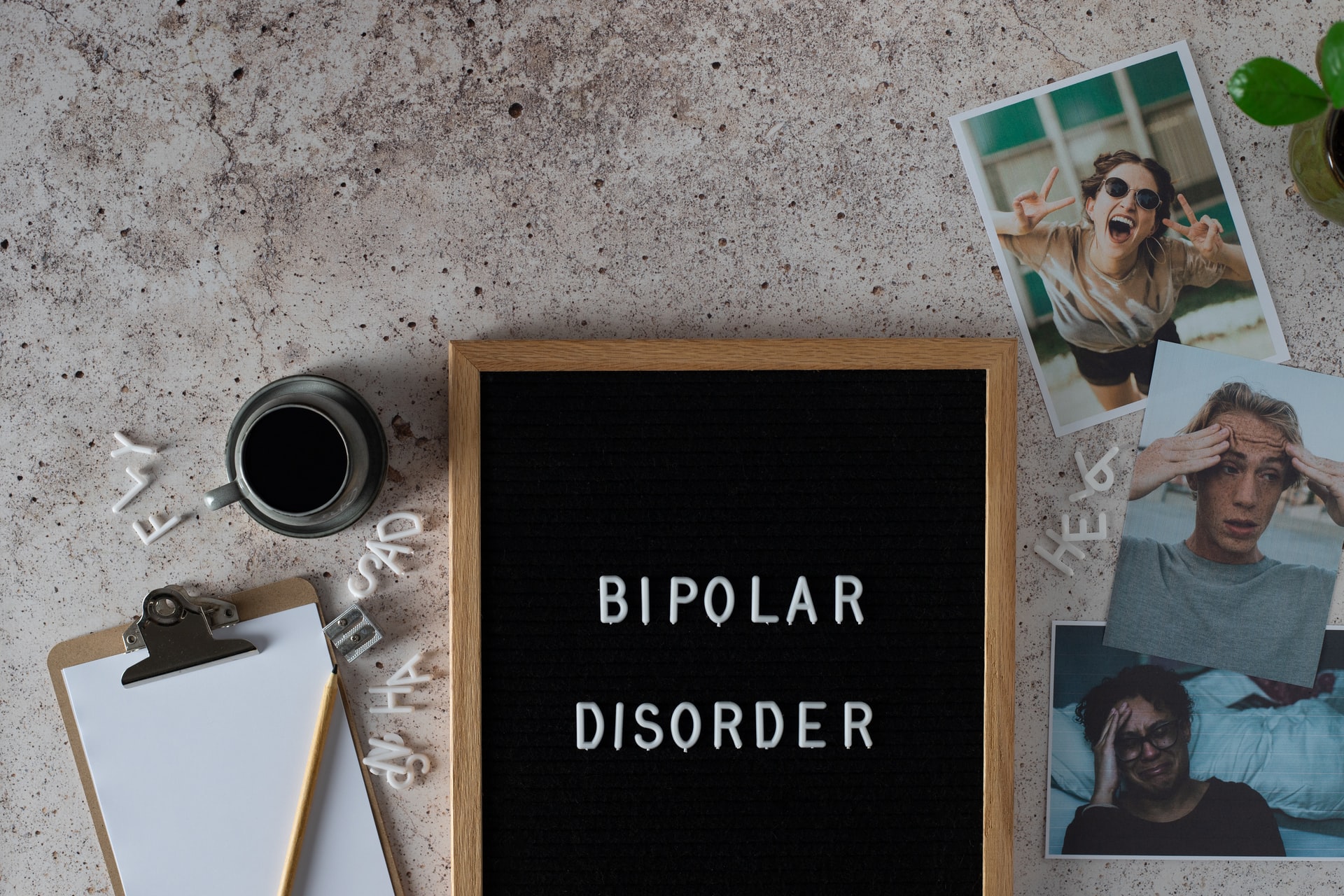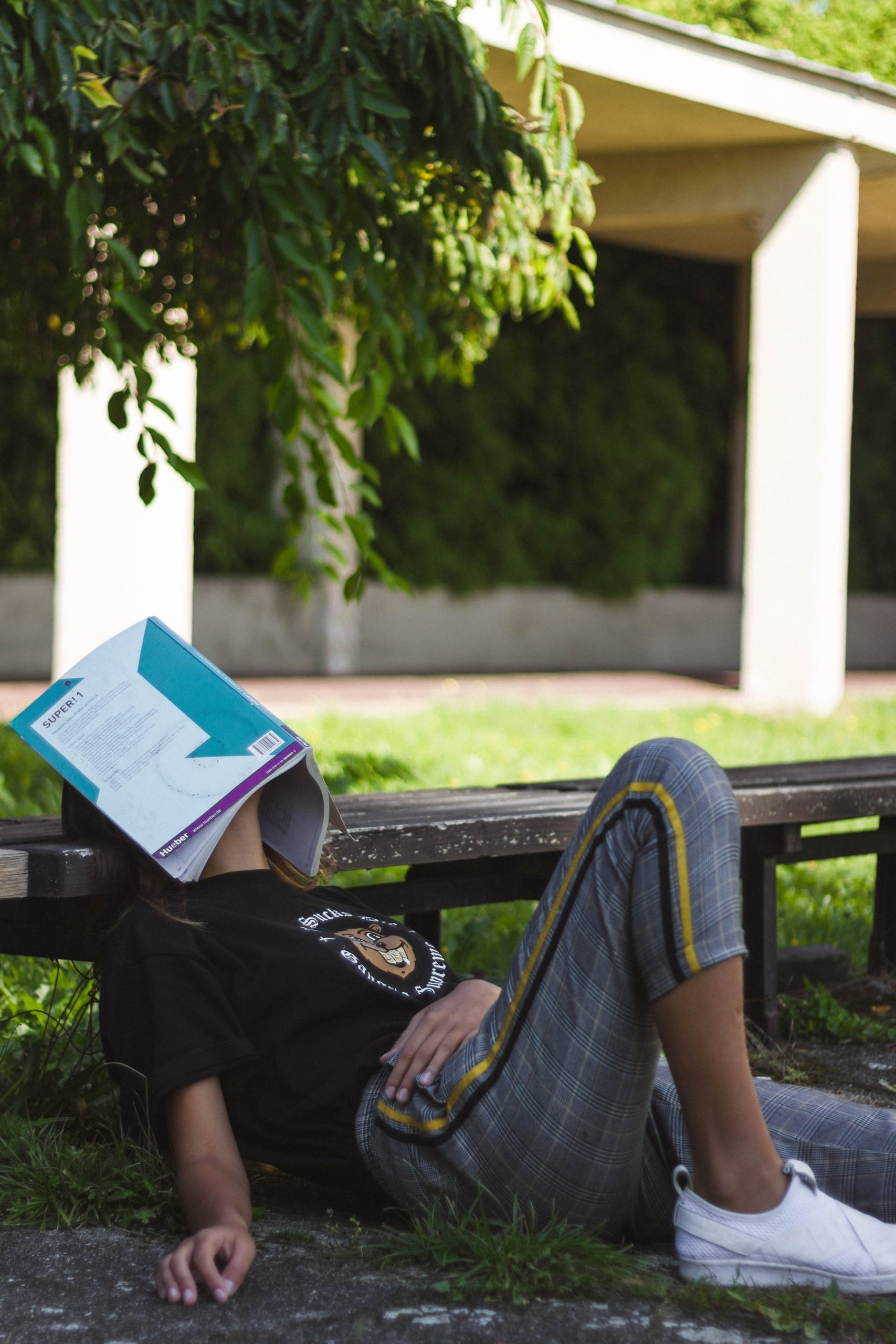If you have a teenager diagnosed with bipolar disorder, you have most likely come to understand the many symptoms that can occur – mood swings, irritability, inability to concentrate, etc. However, a teacher who is new to teaching or is not familiar with bipolar in teens may need your help.
Setting up a meeting with teachers every time the class schedule changes may seem like too much work but strengthening the parent-teacher relationship can help prevent the worsening of symptoms in your teen.
Questions to Ask About Bipolar in Teens
 Here are some things to consider when staying in consistent communication with your teen’s teachers.
Here are some things to consider when staying in consistent communication with your teen’s teachers.
Does your teen seem sluggish or overly tired?
While tiredness isn’t uncommon for most teenagers, bipolar can exacerbate a student’s sluggishness. This may also mean your teen is experiencing a depressive episode which can cause insomnia or increased sleeping.
In class, this may show up as falling asleep, slowness to respond or take part in class discussions, or trouble concentrating. Let your teen’s teacher know if you have seen a significant change in your teen’s sleep patterns; this impacts his or her ability to stay on track in school.
It may also be helpful to reassure your teen’s teacher that he/she can email you with any changes they see in your teens throughout the semester.
Is the student struggling to enjoy what she once found pleasure in?

Teachers spend a great deal of time with their students, seeing them for an average of 8-10 hours every week in high school. They usually know which teens are dating, which ones are trying out for the cheerleading squad, and which ones are into music, drama, or art.
Let your teen’s teacher know what he or she is interested in at the start of the year. Usually, teachers will get an idea of these interests as the year goes along, but when you’re dealing with bipolar in teens, it’s helpful for a teacher to find out what a student enjoys from the start of the school year.
That way, he or she can recognize if your teen is suddenly uninterested in an art-related assignment for history class, or she unexpectedly drops out of the school play.
A school environment is like a small town within a town; teachers and administrators tend to hear things before parents, so they can be part of your team to recognize signs of withdrawal and depression when needed.
Has your teen come into class with sudden activity, quickened speech, or elevated energy and optimism?
If these behaviors are not part of your teen’s personality, a sudden rise in excitability or the speed of their speech may be signs of a manic episode. Let your son’s or daughter’s teacher know that you welcome your teen’s ability to self-assess and talk with the school counselor anytime he or she needs it – or if his/her behavior is disruptive in class.
 When your teen has an IEP or 504 education plan, these decisions have likely been made: behavioral intervention plans, classroom accommodations, or a safe place to retreat if they need space or a safe person with whom they can talk (such as a guidance counselor). You can help the teacher by letting him or her know that it’s okay to allow your teen to quietly exit class anytime he or she feels upset, overwhelmed, or otherwise out of sorts.
When your teen has an IEP or 504 education plan, these decisions have likely been made: behavioral intervention plans, classroom accommodations, or a safe place to retreat if they need space or a safe person with whom they can talk (such as a guidance counselor). You can help the teacher by letting him or her know that it’s okay to allow your teen to quietly exit class anytime he or she feels upset, overwhelmed, or otherwise out of sorts.
By staying in contact with your teen’s teachers, they are more likely to work with your teen and allow him or her to leave the classroom when necessary.
Does your teen need any classroom modifications?
Sometimes, teens don’t want anything disruptive – nothing that would signal that they are different than other teenagers. Bipolar in teens is no exception. Your 13- to 18-year-old may want anonymity just as much as the teen sitting next to her in class.
It’s important that your teen takes part in deciding which accommodations will help him or her cope and succeed in class. Utilizing a team approach with the school counselor, teachers, your teen, and yourself will increase your teen’s success in school.
Examples of school accommodations include an extended time when taking a test, a different room away from distractions and classmates when taking tests, extended due dates, frequent breaks, allowance to go to the school counselor when necessary, not calling on your teen unless his or her hand is raised, and a seat in the front of the class to increase focus and minimize distractions.
Bipolar in teens may mean that medication is involved, and frequent restroom trips are necessary. Make sure your teen’s teachers are aware of this in advance, or it can cause major classroom disruption, unnecessary disciplinary action, and set off mood swings in your teen.
If the requests are made in advance and your teen has an IEP or 504 plan, teachers should be complying with the stated accommodations which will help decrease your teen’s anxiety around possible negative attention.
Does your teen’s teacher understand that bipolar is not the only thing to know about your teenager?
 While it’s important to stay in regular communication with your teen’s teachers about bipolar in teens, emphasizing who your teen is apart from bipolar is also crucial. Your teen wants to be known and seen – apart from his or her diagnosis – and valued for who they are.
While it’s important to stay in regular communication with your teen’s teachers about bipolar in teens, emphasizing who your teen is apart from bipolar is also crucial. Your teen wants to be known and seen – apart from his or her diagnosis – and valued for who they are.
While it may be tempting to focus on your teen’s diagnosis and related issues, it is not what defines who they are. Remember to focus on your teen’s strengths and character and find common ground in what they find interesting. Though it may not seem like it at the time, good can be found in the highs and lows of bipolar disorder.
Feelings and moods are not permanent, and they don’t define your teen. Bipolar in teens can be overwhelming to accommodate as a parent, but it’s just as difficult for a teacher who may have 20-30 other students to monitor and teach in a classroom. Simple, effective communication is the best way to partner with your teen’s teachers to help him or her thrive.
Need more information on how bipolar in teens can impact their school life? Contact one of our counselors for help.
“Bipolar Disorder”, Courtesy of Micheile Dot Com, Unsplash.com, CC0 License; “Studying”, Courtesy of Annie Spratt, Unsplash.com, CC0 License; “Studying”, Courtesy of Jeswin Thomas, Unsplash.com, CC0 License; “Napping”, Courtesy of Tony Tran, Unsplash.com, CC0 License





